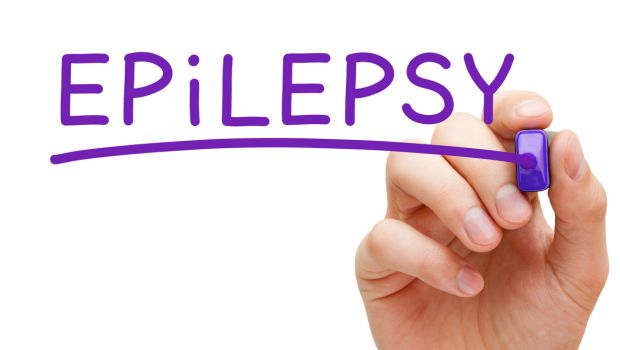A recent study has offered new hope for parents who have a child with a rare but serious form of epilepsy, epileptic encephalopathy(EE).

A new study offers hope for parents with a rare epileptic disease
HIGHLIGHTS
- The study gives hope for parents of child with rare epilepsy
- It highlights that many of us do not in fact have just one genome in us
- The study is published in the New England Journal of Medicine
A recent study has offered new hope for parents who have a child with a rare but serious form of epilepsy, epileptic encephalopathy(EE). New ways of sequencing the human genome mean geneticists and genetic counselors have much more to say to parents who wonder if future children might carry the disease, said co-senior author Heather Mefford from the University of Washington School of Medicine.
These advances offer insights for all of us because they are part of the growing study of mosaicism - the fact that many of us do not in fact have just one genome in us. We are what scientists call mosaics - bunches of cells that may have different genotypes buried deep within us.
"A mosaic mutation happens some time after fertilization when cells are dividing, which requires copying the entire DNA. If one of those cells makes a copying error that introduces a mutation. All the cells that come from that cell will carry the same mutation. So you end up with a mosaic pattern where some cells have the mutation and some cells don't. That's the mosaic," Mefford said.
The fact that, say, 10 percent of your cells scattered throughout your body might be different than other cells may be completely unimportant. But if 10 percent of your sperm or oocytes have the mutation, that could be a big problem if that mutation affects the brain development of the child.
A big question from any parent of a child with EE is what are the odds that our other children might have this condition? For decades, parents whose child had epilepsy were told there's a 1 to 5 percent chance that other children might inherit the mutation. This was based on clinical evidence - the numbers of reoccurrences physicians saw in the clinic.
But armed with more precise testing, the geneticists found parental mosaicism that wasn't easily detected before in about 10 percent of families, putting these families at higher risk of passing the mutation to another child. What this means in practical terms is that this small group probably accounts for most of the reoccurrences. For some parents, there's good news: if this parental mosaicism was not detected, your odds of having another such child with epilepsy could be much less than 1 percent.
"We have the technology to pick out mosaic cells in a sea of otherwise normal cells. The percentage of families where we can identify mosaicism in the parent is higher than most of us thought it would be. While the overall recurrence risk (across all families) is about 1 percent, for those families where we can find the mosaic mutation in the parents, it's not a 1 percent risk. It's much higher than that. And we now have the tools to help give them that information, and help them with better family planning and decision-making down the road," Mefford said.
"Our study focused on patients with severe epilepsy. But the finding that 10 percent of the parents have mosaicism may actually apply to a broad range of other disorders, including autism and intellectual disability," Mefford added.
The study is published in the New England Journal of Medicine.
DoctorNDTV is the one stop site for all your health needs providing the most credible health information, health news and tips with expert advice on healthy living, diet plans, informative videos etc. You can get the most relevant and accurate info you need about health problems like diabetes, cancer, pregnancy, HIV and AIDS, weight loss and many other lifestyle diseases. We have a panel of over 350 experts who help us develop content by giving their valuable inputs and bringing to us the latest in the world of healthcare.














